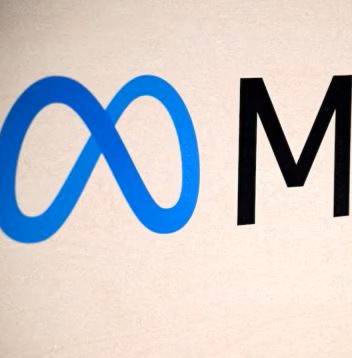Introduction: AI Enters the Federal Toolbox
The U.S. government has taken a decisive step in integrating commercial artificial intelligence into public operations: the GSA has officially approved Meta’s Llama as an AI model that federal agencies may now adopt under approved procurement pathways.
This approval comes amid a flurry of similar moves: in preceding months, the GSA had already cleared AI tools from Amazon Web Services, Microsoft, Google, OpenAI, and Anthropic — all conditioned on meeting security and pricing criteria.
The inclusion of Llama reflects the current administration’s AI strategy to reduce redundancy in procurement, speed adoption of advanced tools, and assert U.S. leadership in the unfolding global AI race.
GSA’s Decision & Rationale
Procurement and Security Assurance
Josh Gruenbaum, the GSA’s procurement lead, confirmed in interviews that Llama will be added to the GSA’s approved AI list for federal use.
Under this framework, agencies can “experiment” with Llama, subject to assurances that the model meets federal security, data protection, and legal standards.
The GSA’s approach is rooted in its OneGov initiative, which aims to simplify procurement by eliminating fragmented, piecemeal deals and letting agencies use a unified approved catalog of technology.
On Discounting and Vendor Commitments
As with prior approvals, vendors including Meta have agreed to offer favorable pricing or structure deals to meet government requirements. In previous AI vendor approvals, firms offered steep discounts for federal use.
When questioned whether such discounts represent attempts to curry favor, Gruenbaum asserted:
“It’s not about currying favor … It’s about that recognition of how do we all lock in arms and make this country the best country it could possibly be.”
Technical Capabilities & Use Cases of Llama
Multi-modal and Flexible
Llama is a large language model capable of processing diverse data forms — including text, images, video, and audio — making it a versatile tool for agency tasks.
Because it is open source and freely available, the government does not need to negotiate the model itself; the focus is primarily on ensuring that the implementation complies with agency needs and security frameworks.
Anticipated Applications
Federal agencies may use Llama for:
- Contract review and analysis — speeding legal and procurement workflows
- IT diagnostics and troubleshooting — identifying and resolving system issues faster
- Custom mission-specific tools — agencies building internal AI solutions that align with sensitive data handling policies
Because agencies can retain control over data processing and deployment, Llama presents an option that balances innovation with privacy and sovereignty of information.
Strategic & Geopolitical Implications
Competing in the AI Arena
Approving Llama underscores the U.S. administration’s belief that enabling procurement of commercial AI is vital to maintaining competitiveness — especially against nations heavily investing in their own AI infrastructure.
This aligns with a broader push to make the U.S. government a lead user of AI, not just a regulator of it.
Expanding Access to Allies
Meta has also expanded Llama access to several U.S. allies in Europe and Asia, including France, Germany, Italy, Japan, South Korea, NATO and EU institutions.
By extending Llama’s reach, Meta and the U.S. aim to strengthen technological alignment across allied governments and encourage adoption of open architectures.
Risks, Oversight & Ethical Considerations
While approving open models helps avoid vendor lock-in, it raises questions about oversight. Open source means code is visible — which can aid transparency but also increase misuse risks. Critics will watch how the government ensures responsible deployment, bias mitigation, and accountability.
Furthermore, rapidly folding commercial AI into government may strain traditional review, audit, and compliance mechanisms that were not designed for these dynamic tools.
Conclusion
By greenlighting Meta’s Llama among its approved AI systems, the GSA continues to validate a broader shift: governments are recasting themselves as active users of commercial AI rather than passive overseers.
This move complements earlier approvals of Amazon, Microsoft, Google, OpenAI, and Anthropic tools — altogether signaling that federal modernization is entering an AI era.
Source:indianexpressGPT







